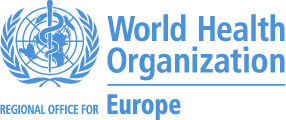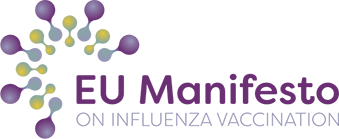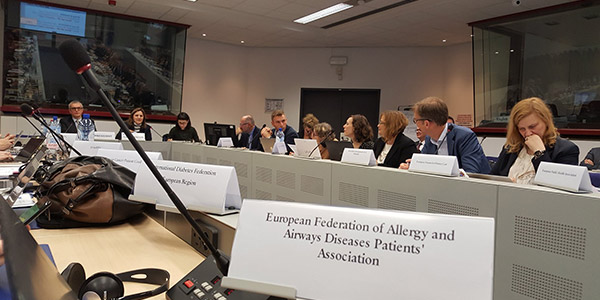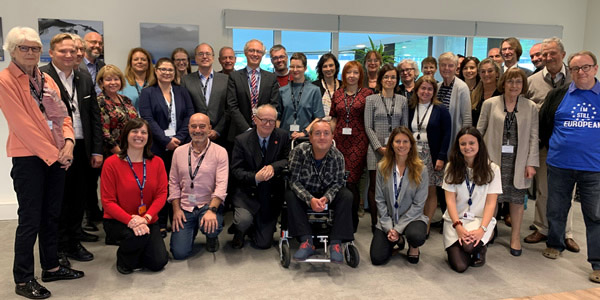Advocacy
Care: equal access to timely, high quality care
Healthcare

In 2019, EFA showed leadership in patient representation by engaging effectively with health authorities. We closely followed the discussions on an EU framework on Health Technology Assessment (HTA), as member of the Health Technology Assessment Network Stakeholder Pool. An HTA process that ensures the systematic involvement of patients in the joint assessments remains key in facilitating patient access in new medicines and medical technologies.
EFA engaged in a number of activities of #EU4HEALTH, a campaign calling for more EU policy and action on health. EFA further co-signed a joint statement calling for an ambitious funding of the Health strand of the European Social Fund+, while we endorsed the EU4HEALTH reaction to the European Commission’s reflection paper ‘Towards a Sustainable Europe by 2030’, calling for a comprehensive EU Sustainable Development Strategy that includes health issues. By the end of the year, along with 17 other EU-level organisations EFA co-signed the joint statement ‘Europe, let’s do more for health!’, which outlines seven concrete asks from the incoming European Commission a focus on disease prevention, patient empowerment, and mainstreaming Health Impact Assessments in law-making.

At the international level, as World Health Organization (WHO) official non-state actors (NSA) we participated in the works of the 69th WHO Regional Committee in Copenhagen, contributing to the discussions about the lessons learnt from the implementation of WHO Health2020 framework in the European region.
Medicines


EFA also provided patient-centered input in an EMA public safety communication on the marketing authorisations for fenspiride, a medicine used to treat non-serious cough. We also offered our expertise through the participation of patient leaders in two scientific procedures on the development of medicines for our disease areas.

At national-led level, EFA expressed the patient perspective in a public consultation on common regulatory approaches for allergen product development, launched by the Heads of Medicine Agencies (HMA). EFA’s response focused on the need for alignment of the market authorisation requirements across countries, to enable better availability of medicines, especially in case of rare allergies.
Finally, EFA followed closely the developments on vaccination. As we know, vaccination against influenza (the seasonal flu) is necessary for COPD patients as it reduces serious illness and even death. In addition, both asthma and COPD patients must receive the pneumococcus vaccination that reduces the incidence of pneumonia, which can severely undermine their health.

In light of the alarming trends on vaccine hesitancy in Europe, EFA participated in the first Global Vaccination Summit, co-organised by the European Commission and the WHO. Meanwhile, we continued our advocacy for higher vaccination coverage among risk groups, as members of the Steering Group on Influenza Vaccination, a multi-stakeholder expert group that brings together representatives of healthcare professionals, patient community, academics, and policy-makers.
Thank you!
Sincere thanks to thank the EFA Food Allergy, Allergy & Asthma, Patient Education, COPD, Prevention and Atopic Eczema Working Groups for their valuable input to EFA’s responses to the numerous official public consultations throughout 2019. In addition, we are thankful to the European Patients Forum, the European Academy Allergy and Clinical Immunology, and the International Primary Care Respiratory Group for their support and insightful input to our contributions.


